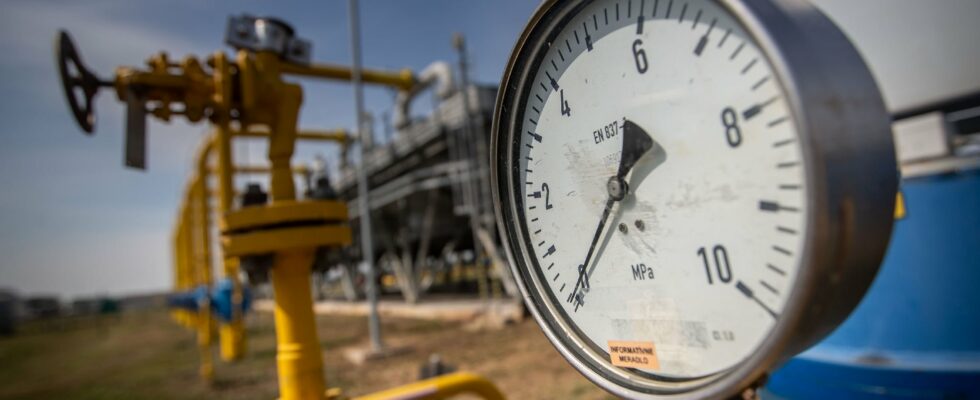Professor at the University of Warwick (England), Michael Bradshaw has just co-signed, with several British researchers, an article on Russian gas strategy in the prestigious journal Nature. According to him, Moscow will not be able to compensate for the financial losses linked to the fall in deliveries to Europe. But for its part, the Old Continent must undoubtedly prepare to pay more for its gas until 2026.
L’Express: Russia no longer delivers gas via Ukraine. Should we expect strong tensions on the markets?
Michael Bradshaw: We wrote in October that Europe’s gas crisis was far from over and that Europe had been very lucky over the past two winters to avoid a supply crisis. This analysis still holds. The global liquefied natural gas (LNG) market remains tight. Low temperatures as well as periods of “Dunkleflaute” (Editor’s note: several consecutive days with weak wind and a lack of sunshine) have led to low production of renewable energies and stimulated demand for gas in recent months. Result: reserves were more used compared to the last two winters. The situation is not yet too problematic but it should be noted that the winters in question were exceptionally mild.
Added to this is the cessation of Russian exports via the gas pipeline to Ukraine. The market had anticipated this, but this represents a loss of 15 billion m³ of supply, or around 5% of the European Union’s total gas demand. This results in an upward trend in gas prices in Europe. The situation over the coming months will be determined by what happens during the rest of the winter, but also by the balance between supply and demand in the global LNG market. The entry into service of new terminals has been delayed. It is possible that Europe will face higher than average prices for some time to come, until 2026. Beyond that, there is hope that the market will experience oversupply and prices will fall.
Some European leaders are upset by the recent increase in LNG imports by ship from Russia. How do you explain this trend?
It is true that the volumes of Russian LNG arriving in Europe have increased. According to a study by the Bruegel Institute, they reached 21.3 billion m³ in 2024, compared to 17.7 billion in 2023. But it is important to remember that LNG is currently escaping the sanctions packages already voted on. Only the transshipment of Russian liquefied natural gas on ships docked in European ports will soon be banned, from March. However, this measure will paradoxically increase Russian exports to Europe, because LNG cargoes will have nowhere to go since during the winter months, the Northern Sea Route is closed.
The EU’s new energy chief, Dan Jørgensen, is determined to shake off dependence on Russian energy. However, European governments also want to avoid record gas prices in summer 2022. They are well aware of the tension currently reigning in the market. I doubt that Europe will sanction Russian gas until it is certain that this will not increase the bill for consumers. There are also long-term contracts covering Russian LNG exports to certain European countries that have a “take it or pay” clause. Here again, only the imposition of formal sanctions in Europe could put an end to it. So there is still Russian gas reaching Europe. The longer-term question is when the Russian gas pipeline will transit significant volumes again or not. It will depend on how Russia’s war against Ukraine ends.
In your opinion, could Russia circumvent gas sanctions?
There is a huge difference between oil and gas. For the first, Russia found willing buyers, at a reduced price, and set up a ghost fleet to transport it to market. Gas is more difficult to transport and pipelines are very visible. For now, Russia does not need to hide its LNG trade from its existing plants because they are not sanctioned. Only the Arctic-2 project (Editor’s note: located at the mouth of the Ob, in the north of the country) is. Russia must therefore find a market for the first cargoes from this project.
In the medium and long term, in the absence of a return of flows to Europe via the gas pipeline or the construction of the Power of Siberia 2 link to China, other difficulties will arise. If Europe sticks to its 2027 goal – independence from Russian fossil fuels – the country will be unable to find sufficient alternative markets, in volume or value, to compensate for this loss. Depending on the different possible scenarios, Russia’s exports would show a drop of between 13% and 47% in 2040 compared to 2020.
